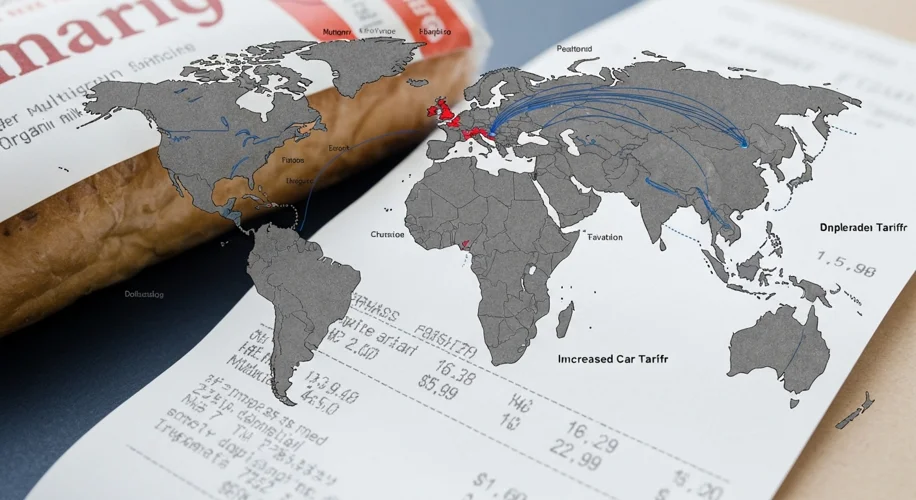As someone who’s spent a career in technology, I’ve seen firsthand how global connections drive innovation and economic growth. But lately, the word ‘tariffs’ has been popping up a lot, and it’s not just a trade policy issue; it’s something that can touch all of us, right in our wallets.
So, what exactly are tariffs? Simply put, they are taxes on imported goods. Governments use them for a few reasons: to protect domestic industries from foreign competition, to raise revenue, or sometimes as a tool in geopolitical disagreements.
Think about it this way: if the U.S. puts a tariff on steel from another country, that imported steel becomes more expensive. This makes it more attractive for American companies to buy steel made in the U.S. The idea is to support American jobs and industries. But, there’s a ripple effect.
When imported goods become pricier, the cost often gets passed down to consumers. That tariff on steel, for example, might eventually make cars or appliances more expensive, even if they are assembled domestically. This can lead to inflation, where the general price level of goods and services rises, and your money doesn’t go as far.
We’ve seen this play out in recent years. For instance, the U.S. imposed tariffs on a wide range of Chinese goods. This move was aimed at addressing trade imbalances and intellectual property concerns. However, it also led to retaliatory tariffs from China on American products, like agricultural goods. Farmers, who are vital to our economy, felt the pinch as their exports became more expensive in China.
For businesses, tariffs can create uncertainty. Companies that rely on imported components might see their costs increase unpredictably. This can disrupt supply chains, force them to find new suppliers, or even delay production. In the tech world, where components often cross borders multiple times before a final product is assembled, these disruptions can be significant.
This uncertainty can also affect market stability. When trade relations become strained due to tariffs, it can make investors nervous. Stock markets can become volatile, reflecting concerns about future profits and economic growth. The interconnected nature of our global economy means that a trade dispute in one corner of the world can have far-reaching consequences.
From my perspective, while tariffs are a legitimate tool in international relations, their impact is complex. They can support certain industries but may also stifle consumer spending, harm other sectors, and create economic instability. It’s a balancing act, and understanding these connections is key to grasping the broader economic picture. As consumers and citizens, it’s important to be aware of how these policies affect not just international trade, but our daily lives.

